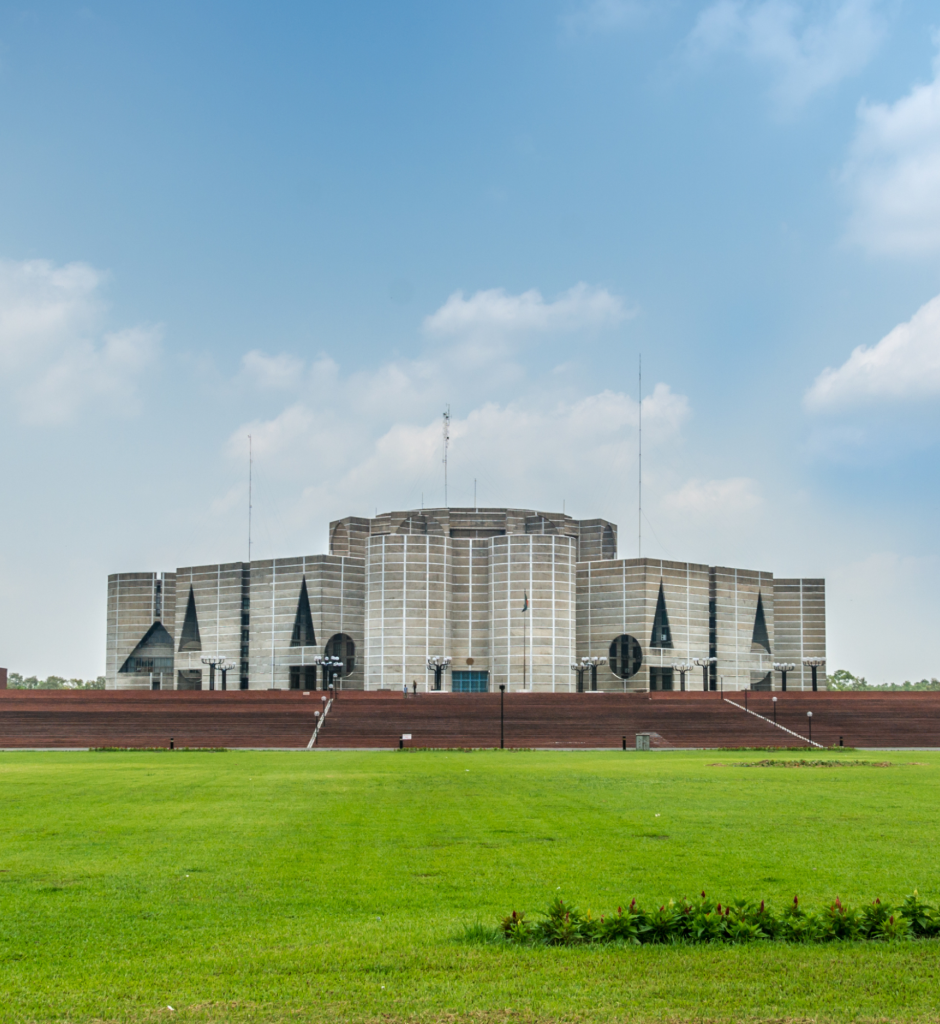The Philippines is an archipelagic country in Southeast Asia, situated in the western Pacific Ocean. Comprising over 7,600 islands, it is known for its diverse ecosystems, ranging from lush forests to pristine beaches. The country is divided into three main geographical divisions: Luzon, Visayas, and Mindanao. The Philippines is also part of the Pacific Ring of Fire, making it prone to earthquakes and volcanic activity. Most of the population resides in urban centers like Manila, Cebu, and Davao. The country shares maritime borders with Taiwan, Vietnam, Palau, Malaysia, and Indonesia.
Risks of misclassification
Philippines, like many other countries, treats self-employed individuals or contractors and full-time employees differently. Misclassification of contractors in Philippines may lead to fines and penalties for the offending company.
The Philippine economy is driven by its services sector, followed by industry and agriculture. Business Process Outsourcing (BPO) and tourism are significant contributors, particularly in urban hubs like Metro Manila, Cebu, and Davao. Graduates have better chances of securing jobs that align with their qualifications in cities where demand for skilled workers is high.
The unemployment rate is generally lower among graduates, who also tend to earn higher average salaries compared to non-graduates. Specialized skills, especially in technology, healthcare, and finance, are in demand and offer substantial career growth opportunities.
Recruitment in the Philippines relies heavily on online job portals like JobStreet and Kalibrr, which streamline the search for suitable candidates. Companies also use headhunting and employee referrals to find highly skilled professionals. These methods make the recruitment process efficient and targeted, particularly in industries like BPO, IT, and healthcare.
The recruitment process in the Philippines includes identifying vacancies, job postings, screening, and shortlisting candidates. However, interviews are crucial as they ultimately determine a candidate’s suitability for the role. Interviews help employers assess not just technical skills but also a candidate’s personality, communication skills, and cultural fit within the organization.
In the Philippines, CVs are a critical component of the application process, as they provide the first impression of a candidate. A well-organized and professional CV reflects an individual’s mindset, skills, and attitude. Employers use CVs to screen and shortlist candidates early in the process, focusing on qualifications and relevant experience to identify the most promising applicants.
The standard parameters of employment in the Philippines:
Working Hours (Depend on the client’s company) – Typically 8 hours a day, Monday to Friday, with a maximum of 48 hours a week for regular employees.
Probation Period (Depend on the client’s company) – Commonly six months, allowing employers to assess a candidate’s suitability for the role before permanent employment.
Payroll cycles– Pay cycles in the Philippines are generally semi-monthly (15th and 30th) , depending on company policy.
Official Deduction from Salary – Include income tax, Social Security System (SSS), Philippine Health Insurance Corporation (PhilHealth), and Home Development Mutual Fund (Pag-IBIG).
Typical work hours in Australia– 9 am to 6 pm, Monday to Friday, with a 1-hour lunch break.
Public Holidays– Vary between regular and special non-working holidays, as determined by the government.
Casual Leave/Sick Leave– Employees are typically granted 5 to 15 days of leave annually, depending on company policy.
Maternity & Paternity Leave – Female employees are entitled to 105 days of paid maternity leave, extendable by 30 days unpaid. Fathers are entitled to 7 days of paid paternity leave.
Earned Leave – Some companies provide vacation leave, usually 10 to 15 days annually, depending on the employer.
The payroll process in the Philippines is structured around the gross and net income of employees, with specific deductions applied based on statutory requirements.
Take-Home Pay = Gross Salary – Statutory Deductions (Income Tax, SSS, PhilHealth, Pag-IBIG)
Important Elements of Salary Structure in the Philippines:
Salary After Tax – The take-home amount after mandatory deductions such as income tax, Social Security System (SSS), Philippine Health Insurance Corporation (PhilHealth), and Home Development Mutual Fund (Pag-IBIG) contributions.
Total Tax Due – The combined total of all deductions, including income tax and contributions to government-mandated benefits.
Payroll Cycle – Employers in the Philippines typically follow a semi-monthly (15th and 30th) or monthly payroll cycle.
13th month salary – Employers are required to pay the 13th-month salary, equivalent to one-twelfth of the employee’s annual basic salary, no later than December 24 of each year.
Overtime – Overtime pay is mandatory when employees work beyond 8 hours a day or on rest days, public holidays, or special holidays. Overtime rates are calculated as per the Labor Code, with premiums varying based on the day of work.
If you are a non-citizen planning to start a business in the Philippines, there are key steps and regulations to be aware of:
- The type of visa required for business purposes.
- The process of acquiring the visa.
- The laws and regulations governing businesses in the Philippines.
1. Understand the visa process
In the Philippines, the Bureau of Immigration oversees the issuance of business visas. Before establishing a business, non-citizens must secure the appropriate visa.
Key steps in the process include:
- Submit an application for a 9(d) Treaty Trader’s Visa or 9(g) Pre-Arranged Employment Visa for business purposes.
- Provide necessary documents, such as a proof of investment, business registration, and passport.
- Fulfill the requirements outlined by the Department of Trade and Industry (DTI) or the Securities and Exchange Commission (SEC), depending on the type of business.
Once your application is approved, you can proceed with setting up your business.
2. Choose the Right Business Visa
9(d) Treaty Trader’s Visa
- This visa is available to nationals of countries with trade agreements with the Philippines.
It permits foreigners to engage in substantial trade or establish a business.
9(g) Pre-Arranged Employment Visa
- Suitable for foreign nationals employed in a Philippine-based company.
This visa is issued for executive, managerial, or specialized roles.
3. Business Registration Process
Select a business structure: Sole proprietorship, partnership, or corporation.
Register your business name with the DTI for sole proprietorships or the SEC for corporations.
Obtain permits such as the Barangay Clearance, Mayor’s Permit, and BIR Registration.
4. Taxation and Compliance
Foreign businesses in the Philippines are subject to corporate income tax and value-added tax (VAT). Some industries have foreign ownership limits under the Foreign Investments Act (FIA).
The World is Your Workforce.
Why Limit Yourself?
Want to tap into the global workforce? Our Countrypedia makes it simple. Discover local labor laws and find the perfect talent for your team.









